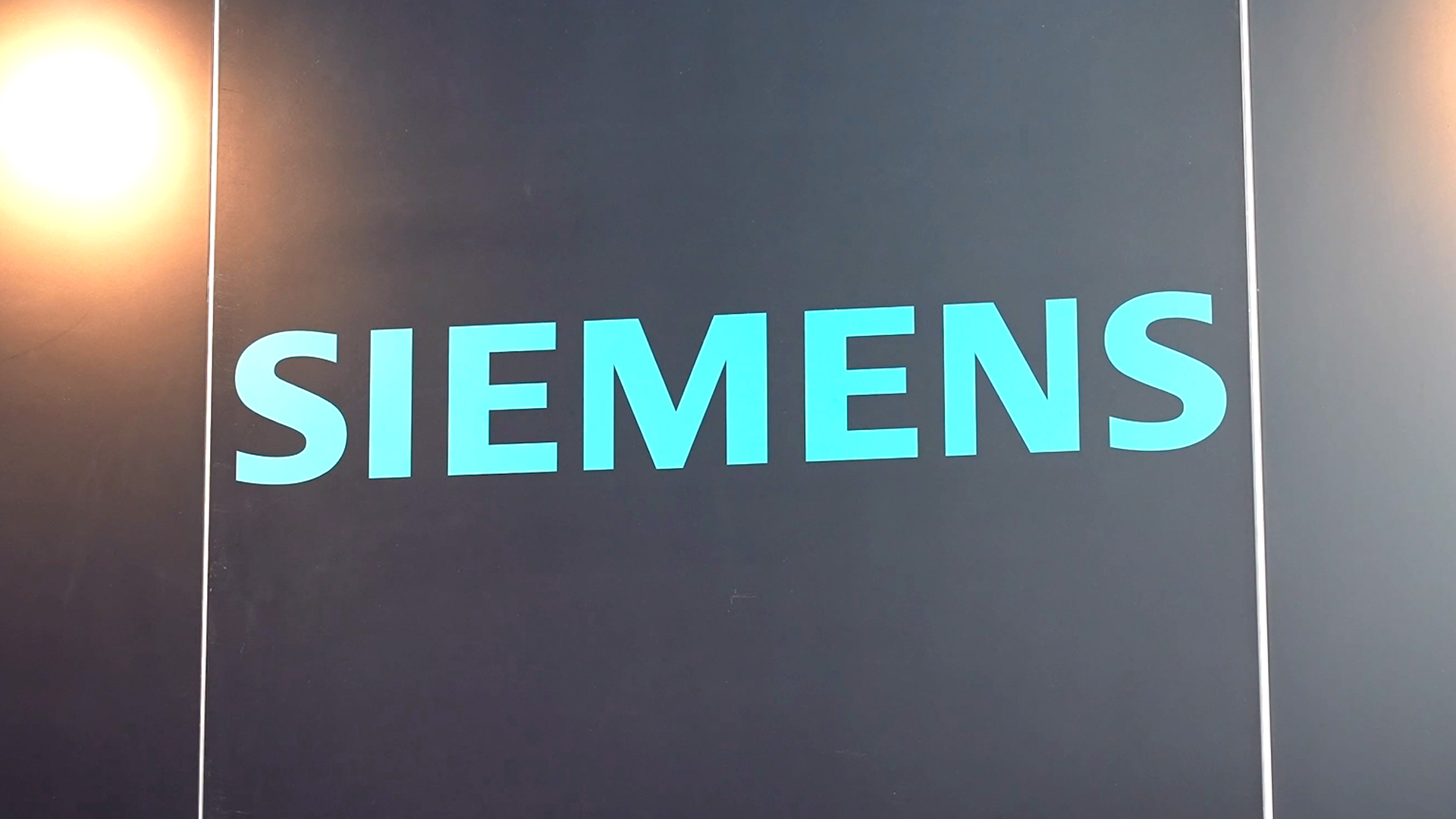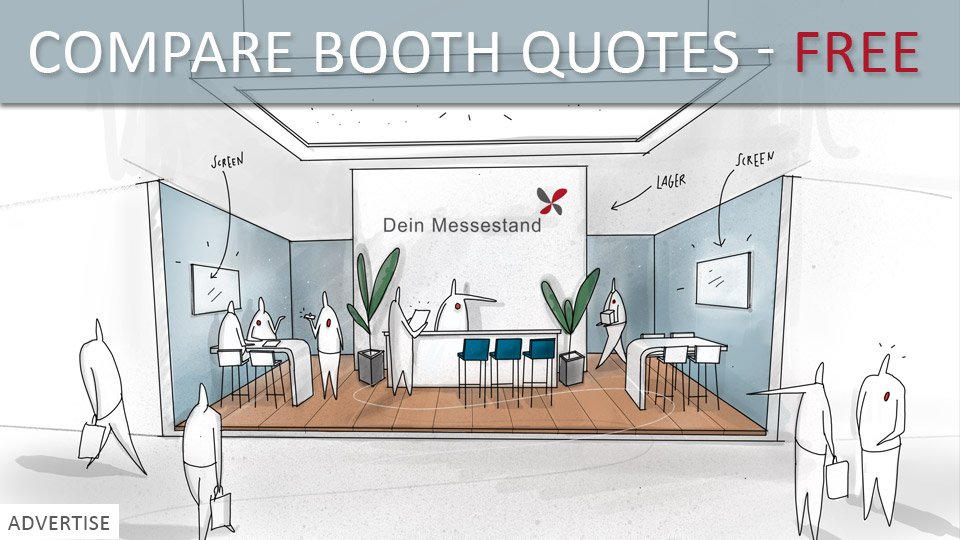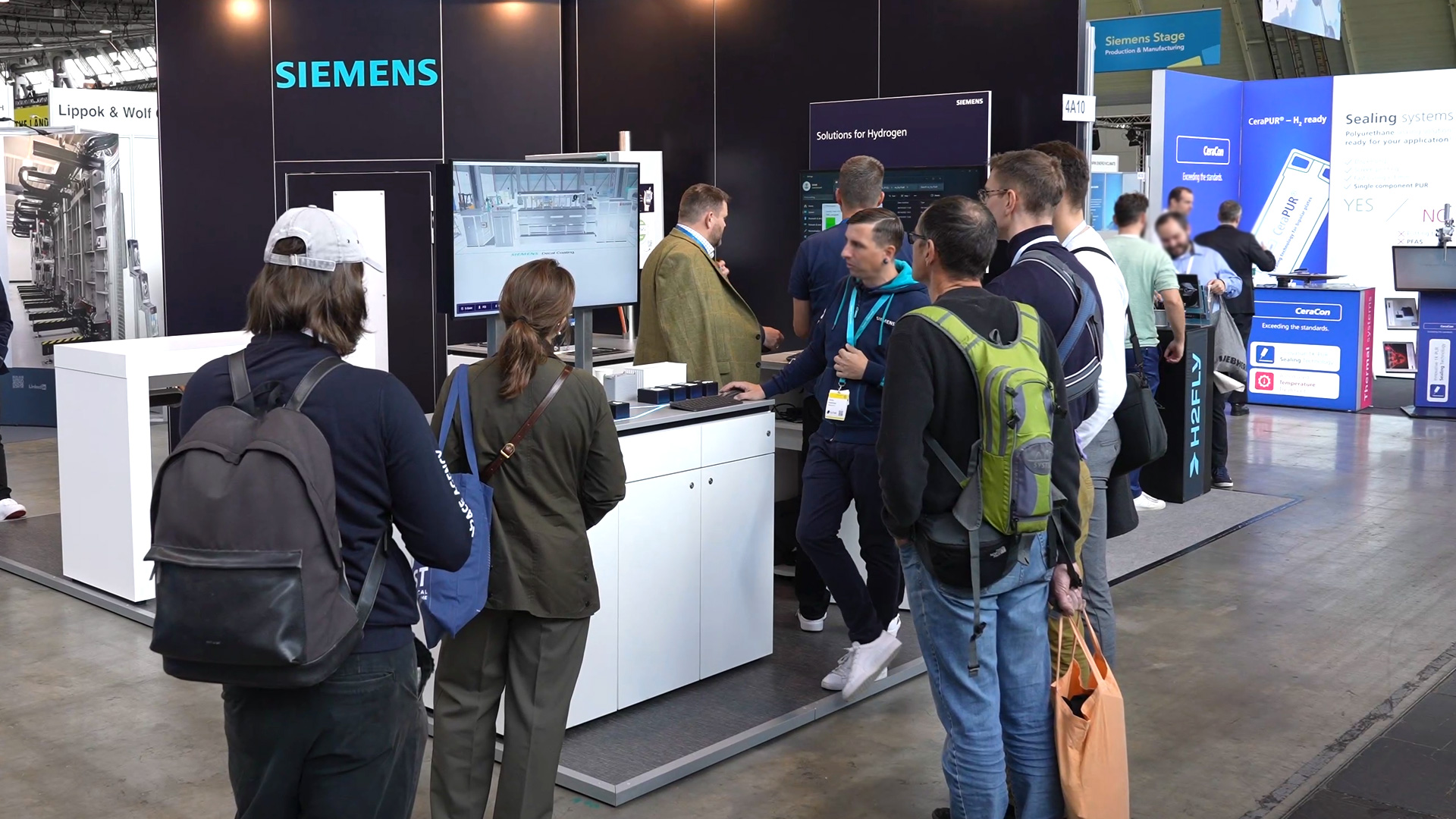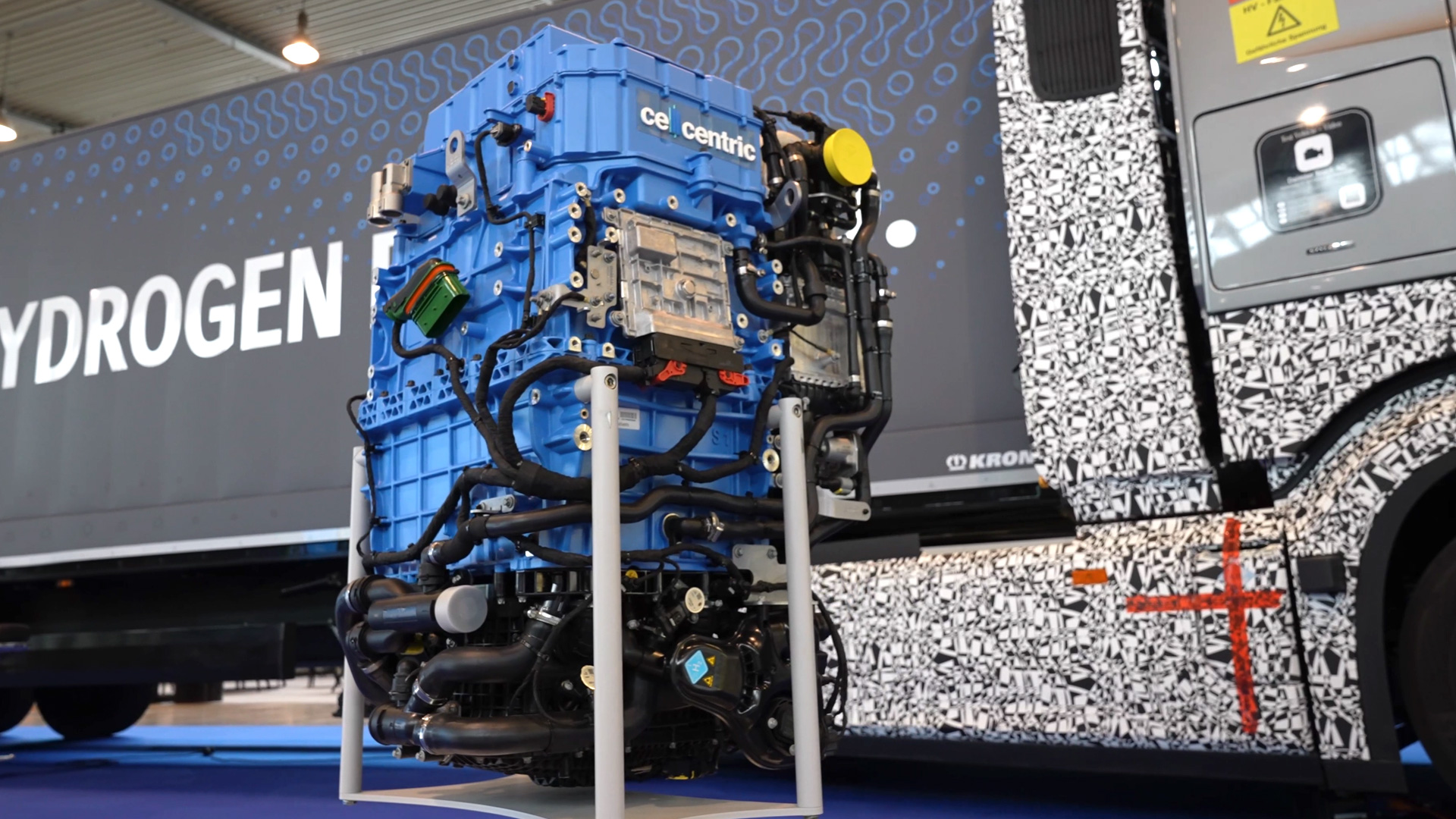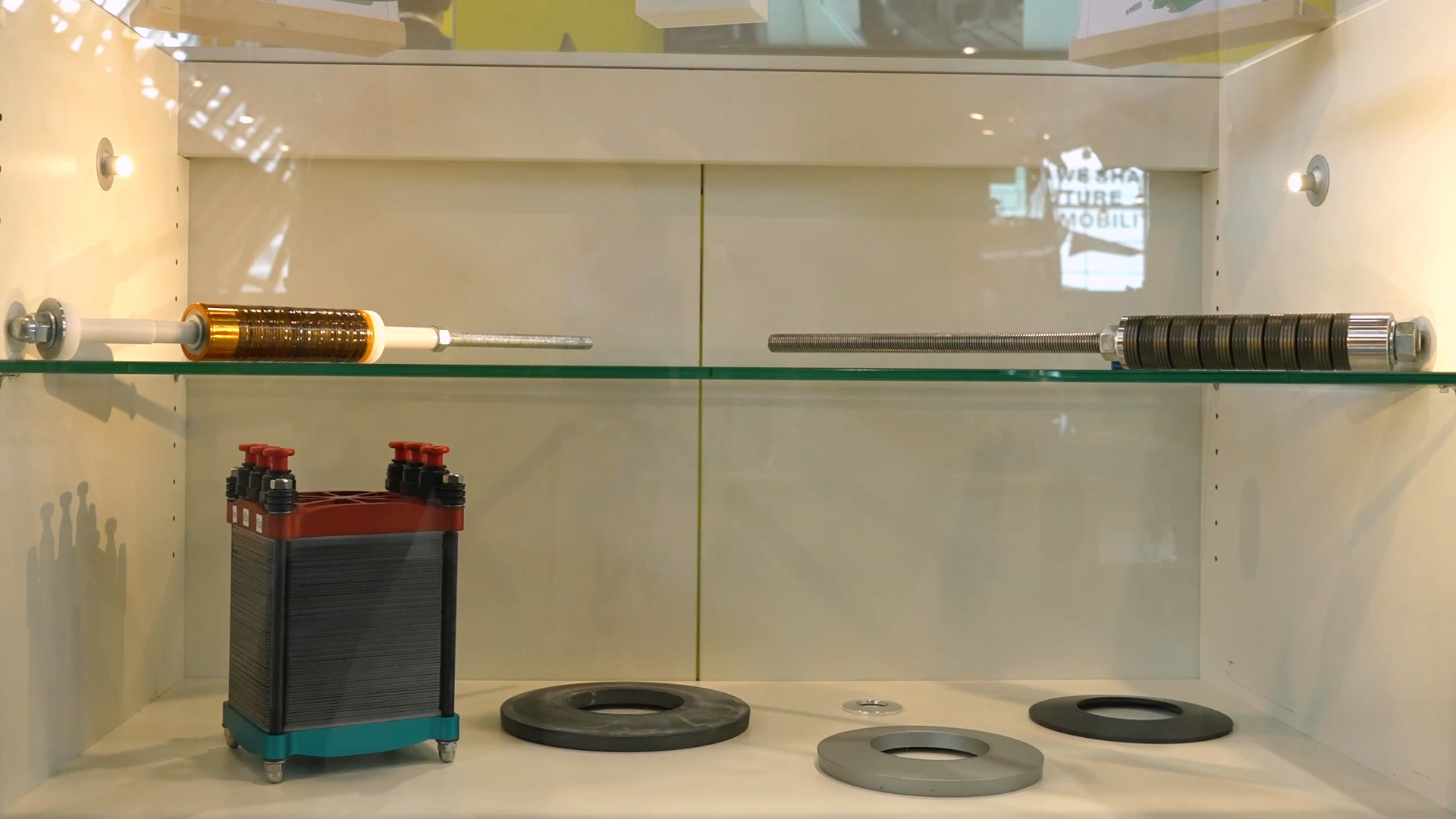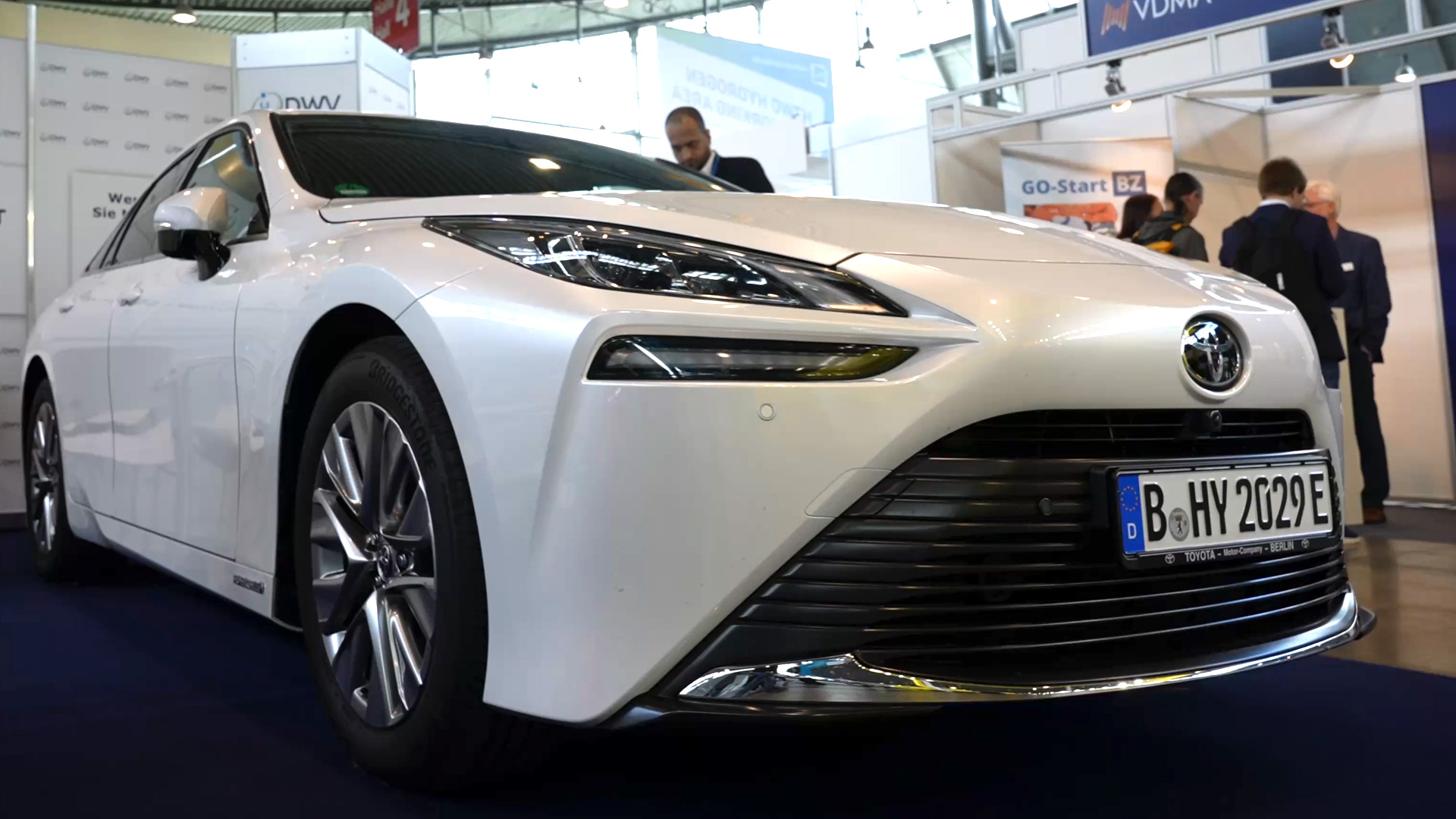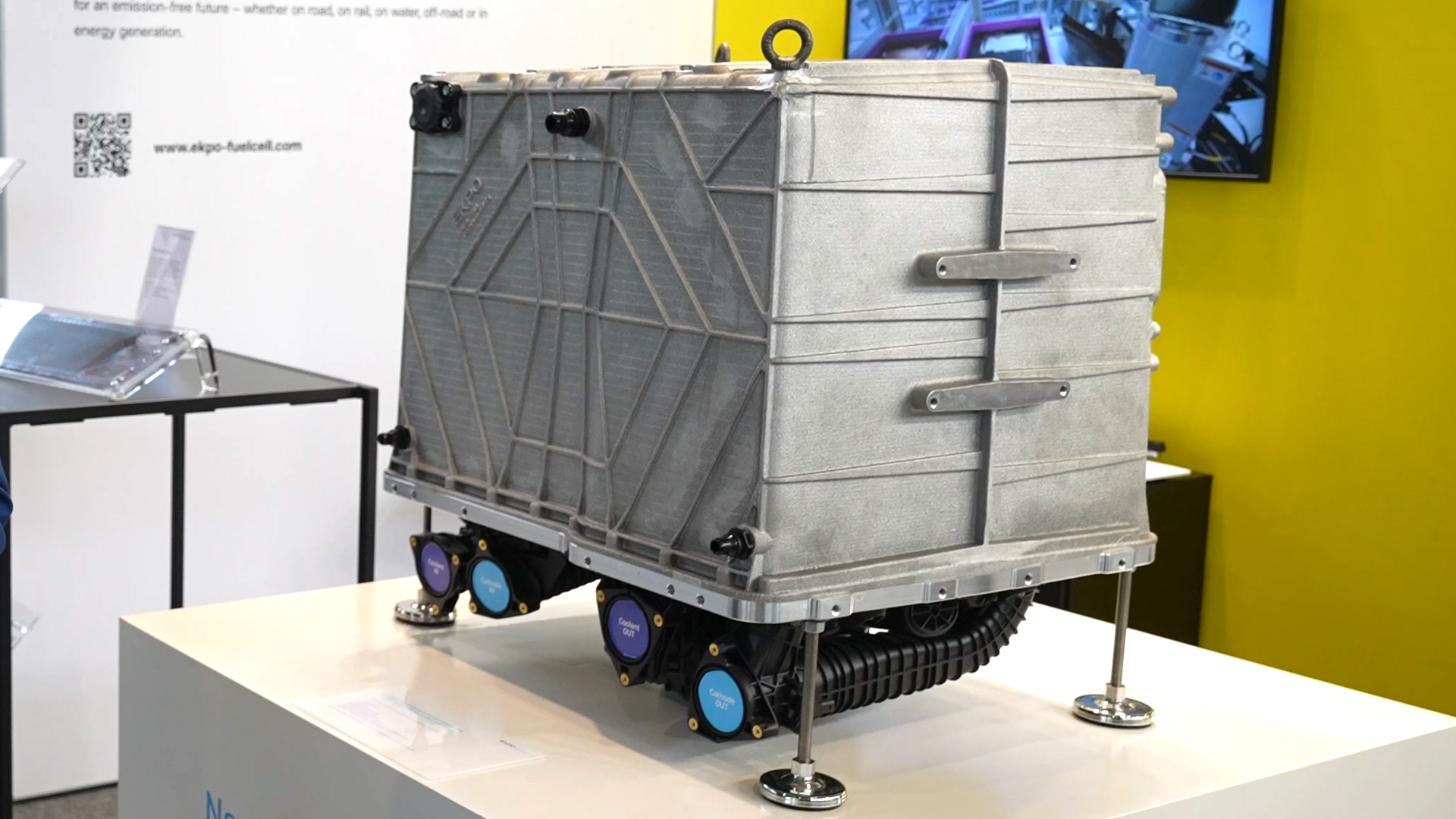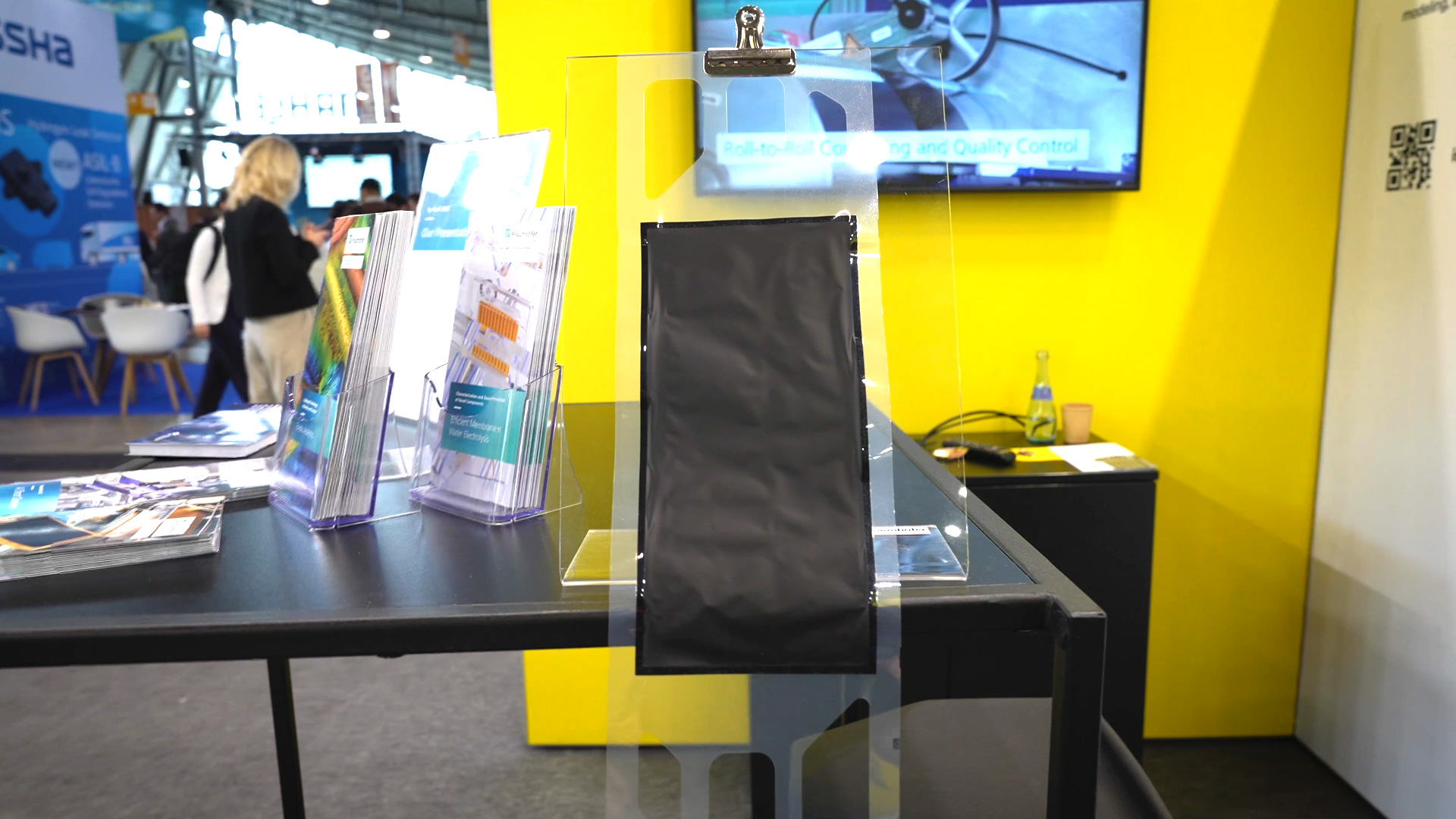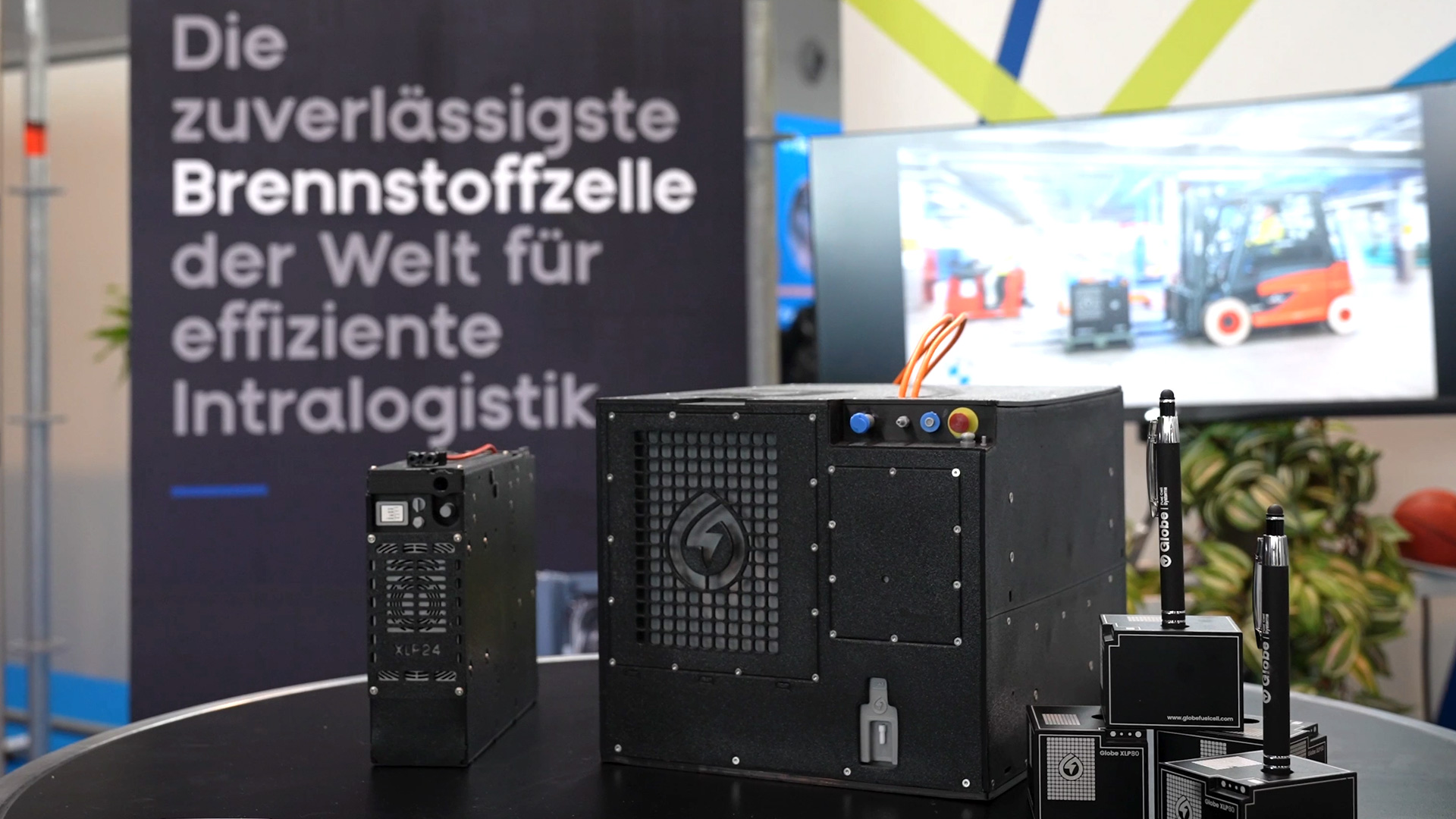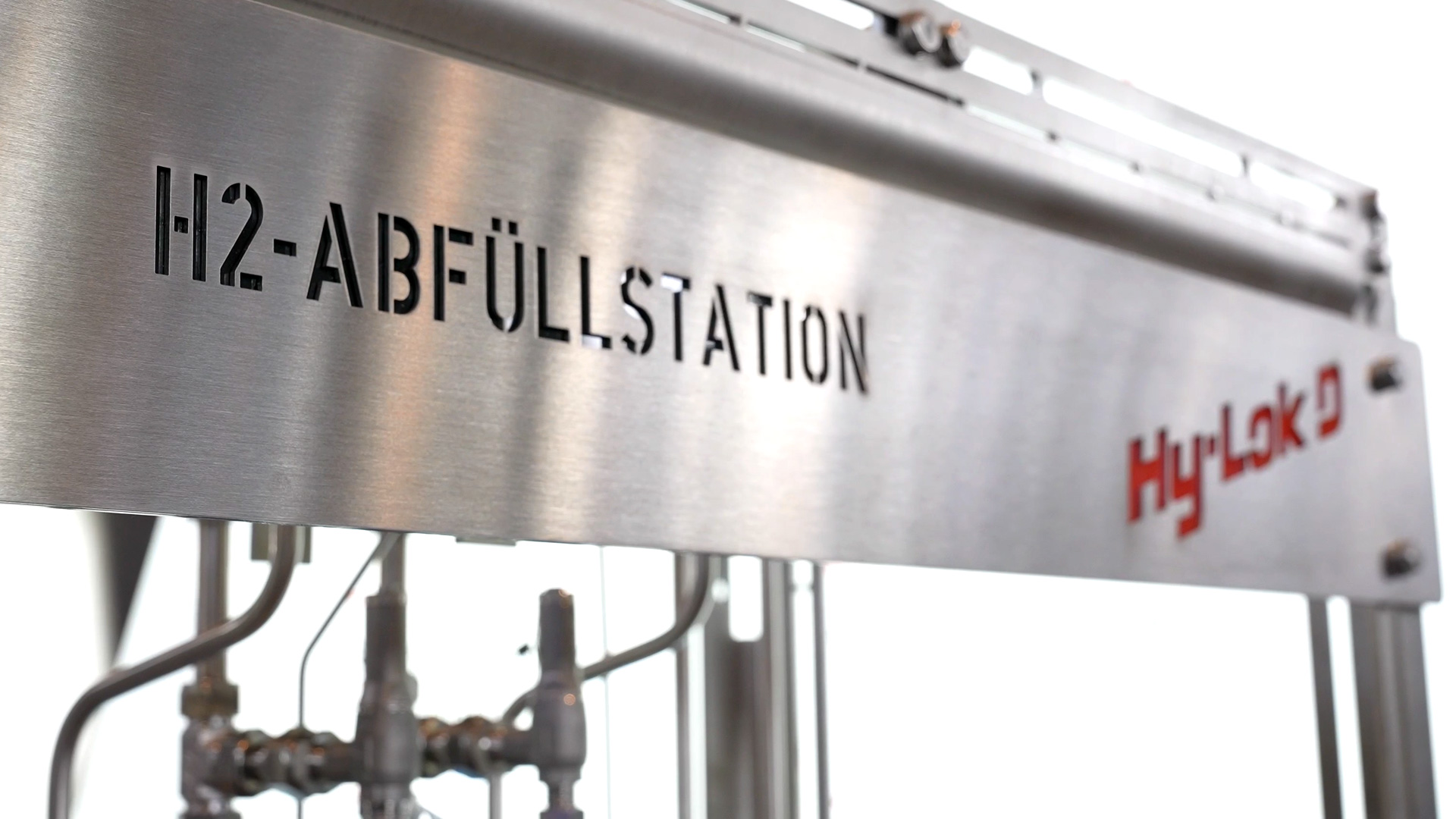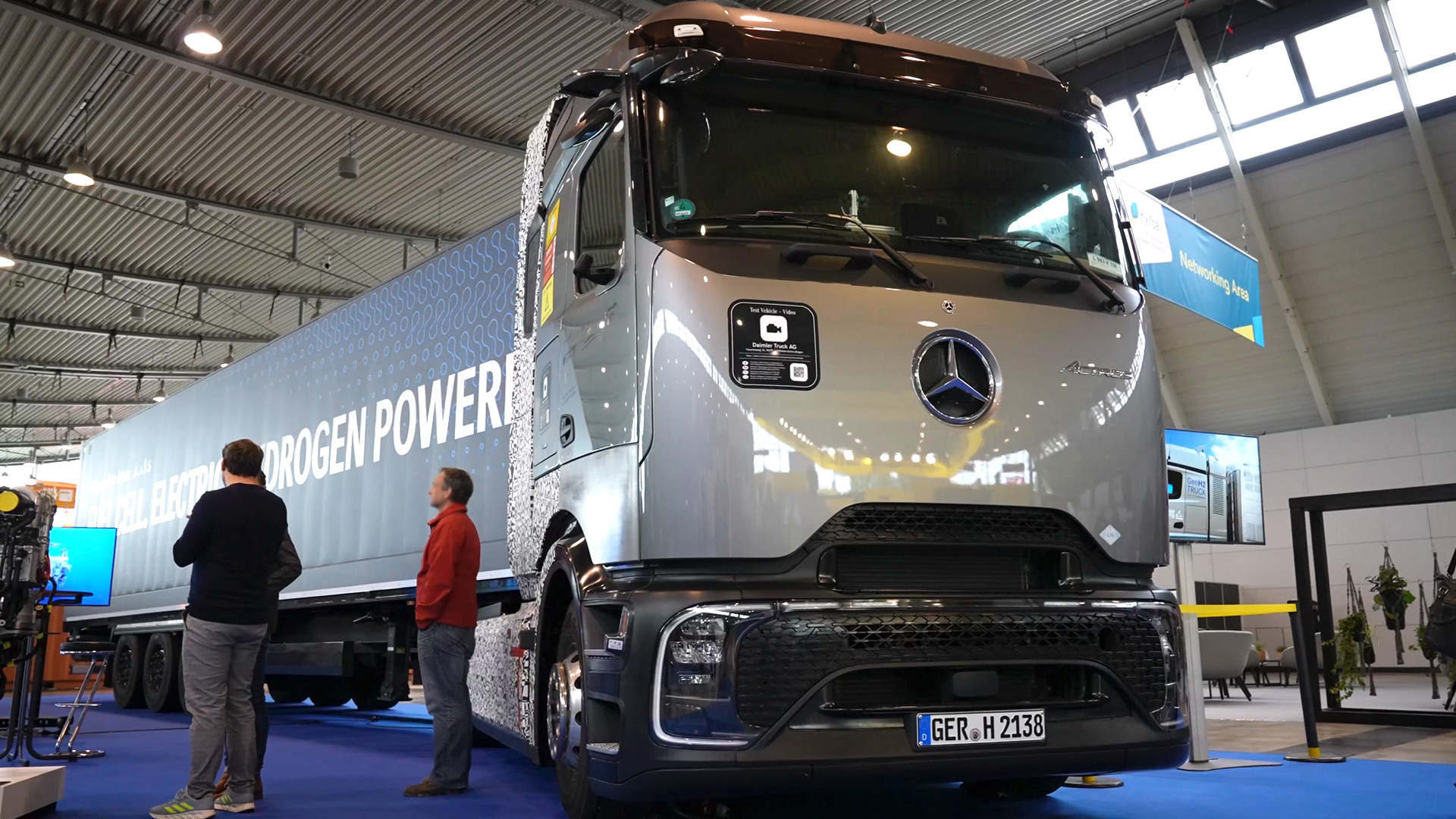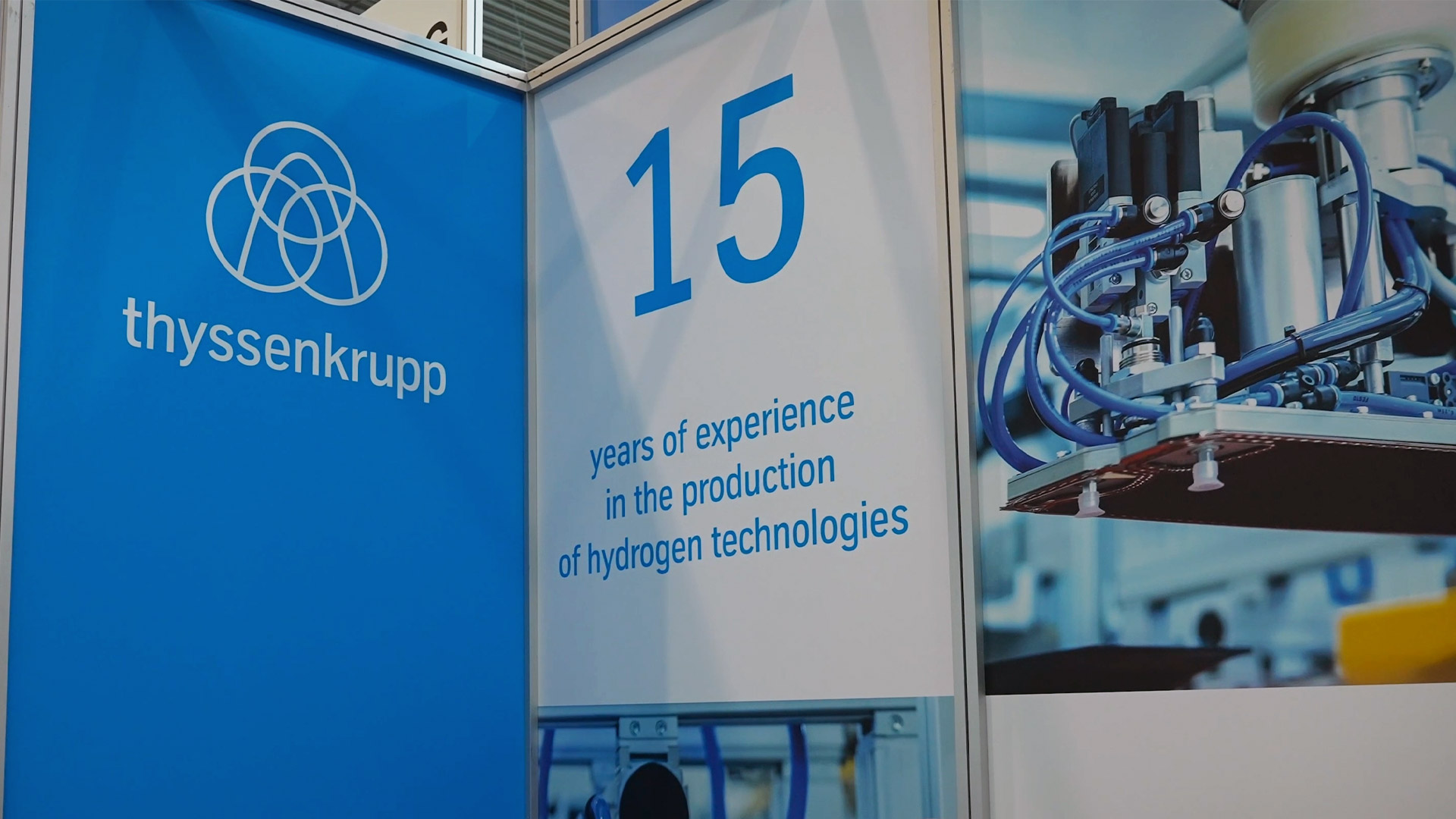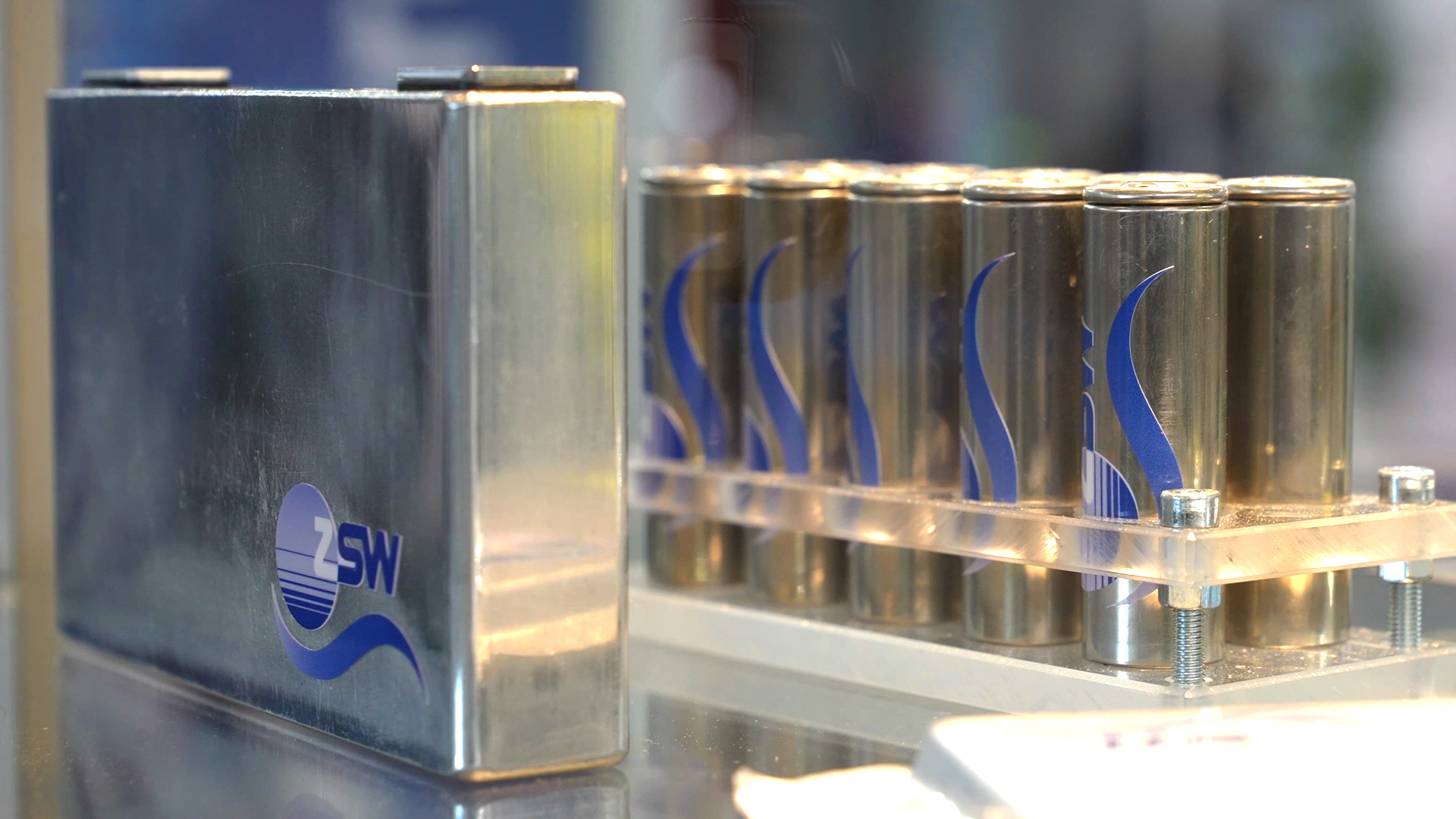Siemens is driving the transformation of the hydrogen industry
by F. Zuber - 2025-10-15Siemens is positioning itself as a technological pioneer for the hydrogen economy. With a broad portfolio of solutions for electrification, automation, and digitalization, the company is supporting the development of a sustainable energy infrastructure – from wind and solar power generation to hydrogen production. The goal is to intelligently network and optimize all components of an energy system. The concept follows a clear approach: using renewable energy efficiently, producing hydrogen economically, and digitally mapping the entire value chain. Siemens combines technical expertise with decades of experience in plant engineering, thus laying the foundation for a new industrial energy era.
Siemens electrification and automation for hydrogen plants
A key area of activity is the electrification of new power plants and hydrogen plants. Siemens supports operators in planning, controlling, and automating power grids. This ranges from the integration of renewable energies to the grid control of large electrolysers. In the design process, Siemens offers comprehensive engineering tools that accelerate planning and operation. Control systems, measurement and control technology, and automation solutions ensure maximum efficiency and safety – whether for individual modules or complete plants. Special attention is paid to modular and scalable system architectures. This allows operators to gradually expand their hydrogen production without having to rebuild the existing infrastructure. This modular approach makes the entry into the hydrogen economy plannable and economically attractive.
Digitalization as the key to efficiency
Siemens relies on a comprehensive digitalization portfolio that maps processes from the molecular to the electromechanical level. With the help of digital twins and simulation-based analyses, power components, gas flows, and cell voltages can be precisely monitored and optimized. The company is currently working on innovative modules for measuring cell voltage in electrolysers. These systems enable in-depth analysis of cell behavior and help to detect degradation processes at an early stage. This extends the service life of the systems and allows maintenance intervals to be planned in a targeted manner. Electrolytic hydrogen production is still in the early stages of rapid development. Siemens draws parallels with the early phase of the combustion engine: after decades of basic research, the industrial maturation phase is now beginning. Electrolyzers are becoming more powerful, compact, and economical—a process that Siemens is supporting with technical research and practical implementation.
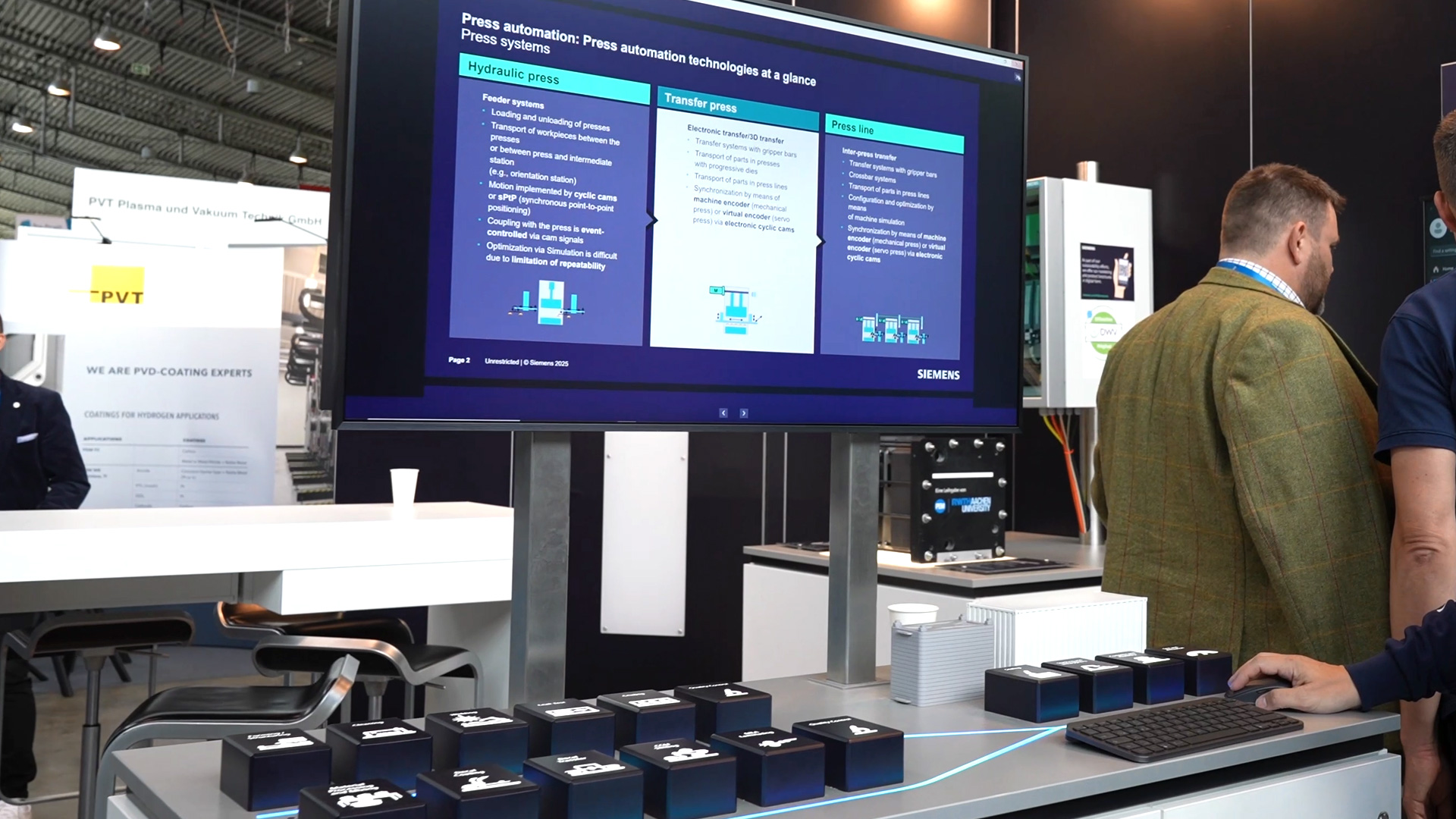
Siemens strengthens the entire ecosystem—from start-ups to large-scale plants
The hydrogen industry is characterized by a dynamic mix of start-ups, medium-sized companies, and global corporations. Siemens sees itself as a partner for all stages of development. Young companies benefit from access to engineering expertise, testing infrastructure, and industrial scaling. Examples include the collaboration with a membrane manufacturer, which Siemens supported in its market entry, and with GeoPura in the UK – a producer of fuel cell containers that has been able to grow from four to forty units per year thanks to scalable automation. Whether small pilot plants or large-scale projects on a gigawatt scale, Siemens delivers the right solution and grows with the requirements of its partners.
Energy transition from an international perspective
The view extends beyond Europe. Countries such as China are pursuing clear master plans with strong political support. Europe, on the other hand, is focusing on cooperation and market dynamics. But development is progressing: Hydrogen is gaining industrial relevance faster than wind and solar energy did. After a phase of consolidation, the industry is proving to be more stable and mature. Many young companies have established themselves, while less viable models have disappeared. The players who are focusing on solid technologies and cooperation are driving the next phase of growth. For Siemens, one thing is clear: building the hydrogen infrastructure does not require a uniform approach, but rather the interaction of many technologies. There is no “miracle pill,” but there is a clear path—characterized by technological openness, scalability, and global cooperation.
Siemens as a partner for a climate-neutral industry
The energy transition is not a sprint, but an industrial transformation. However, the signs point to progress: projects are growing, technologies are maturing, and acceptance in business and politics is increasing. Siemens sees its role not only as a supplier, but as a shaper of a new energy economy – networked, digital, sustainable.
